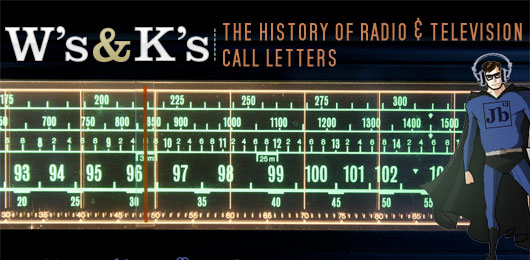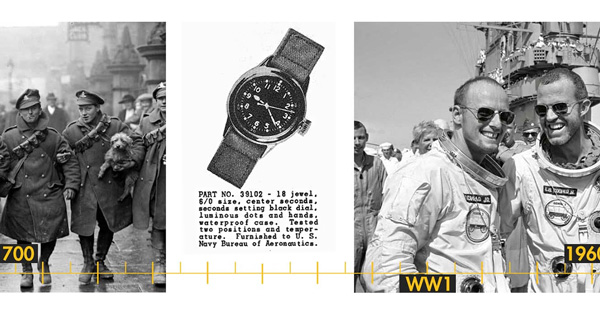Everybody has that moment when they realize they don’t know about something that they should probably know about. Whether it’s history, language, science, or cultural phenomena, you’ve felt the stinging personal embarrassment of a moment wherein you realize there’s some common knowledge that isn’t so common. Don’t feel bad; nobody knows everything. Nobody, that is, except me and my sidekick, The Internet!
Somewhere in the world, a confused soul begs the question…
W’s and K’s – The History of Radio and Television Call Letters
You’ve undoubtedly noticed that every radio station and television station not only has a 4-letter identification but that all of them (with a handful of exceptions) either start with a W or K. Ever bothered to wonder why?
Believe it or not, it all started with telegrams. In 1912, several countries attended a conference centered on the subject of “International Radiotelegraphs.” One of the biggest things to come out of this gathering was the assignment of certain letters to certain countries, to identify their radio and television signals – America was given W, K, N, and A (fun fact: Canada got ‘C’ and Mexico got ‘X’).
While N and A were chosen for American military radio stations, W and K were designated specifically for commercial use. Stations were allowed to choose the letters that followed the K or the W, and the combination was allowed to be three or four letters in length.
In 1928, the Federal Radio Commission decided on a few rules that remain in effect to this day:
- all radio/TV call names were required to be four letters in length
- stations east of the Mississippi River were required to start their call names with ‘W’
- stations west of the Mississippi River were required to start their call names with ‘K’
Existing stations and their call names were allowed to evade the new rules but most eventually decided to fall in line, during the intervening years.
So what do all the letters that follow the W’s and K’s mean? It’s a rather varied bag of answers. Some are reflective of the networks that own the station (like WABC, KCBS, WTBS) while others are acronyms established decades ago (WGN is “World’s Greatest Newspaper,” WTTW is “Windows to the World”) and some are even references to the channel number (like KTWO and KFOR or the Roman numerals in call names like KXII or WIXT).








![How to Negotiate Your Job Offer from Harvard Business School Professor Deepak Malhotra [video]](https://www.primermagazine.com/wp-content/uploads/2013/03/negotiate_thumb.jpg)







